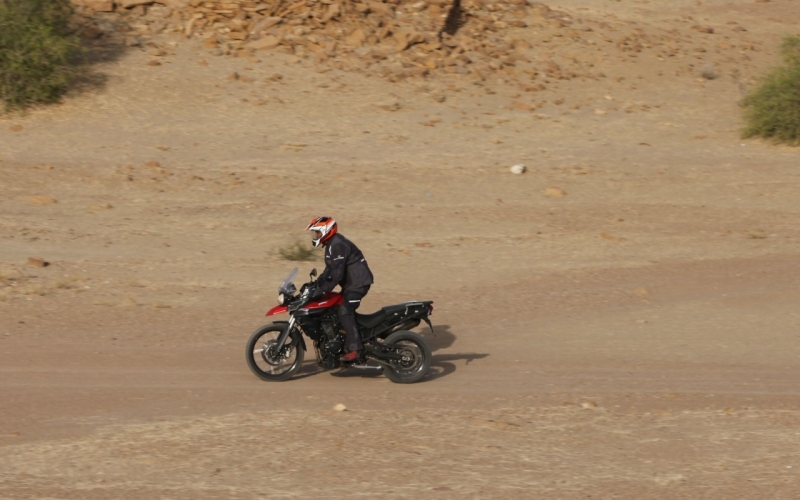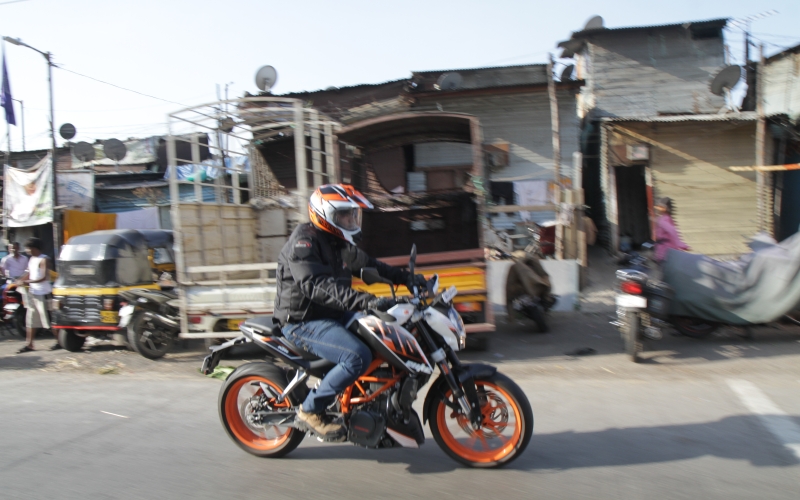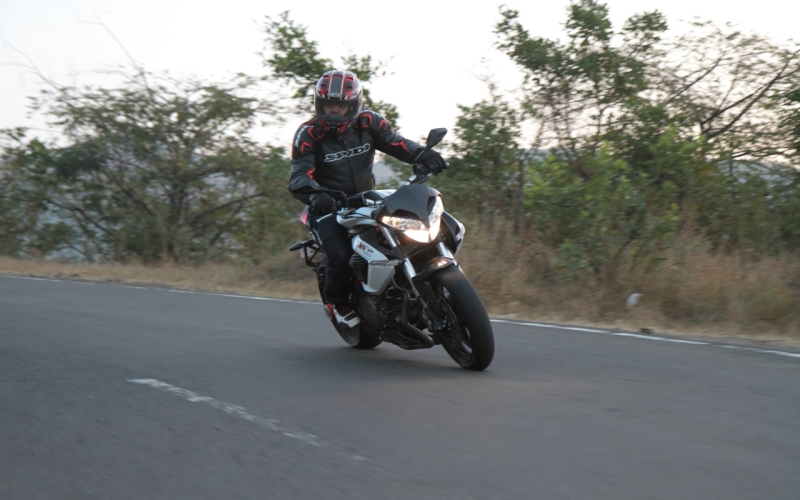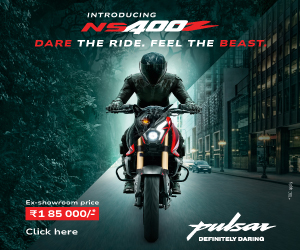How well do you know your bike? I’m not talking about what it can do. I’m talking about what you can make it do without really thinking.
I’ve been forwarded many a ‘senti message’ about a boy and girl speeding on a motorcycle and, a little while into the journey, the boy gives the girl his helmet because he realises he doesn’t have any brakes. The bike soon hits a building and the boy loses his life while the girl was safe, escaping only with minor bruises thanks to the helmet. Yes, it highlights the importance of the helmet, but there’s something fundamentally wrong. Here, clearly, the real problem wasn’t that the bike had no brakes, it was that the boy had no brains.
You may dismiss this a poor joke and focus on the sentiment, but, in truth, how many of us use engine braking? How many ease off the throttle and downshift gradually when we need to slow down? There’s not need for the brakes unless you have to shed speed in a hurry because of an unforeseen variable that steps in and requires you to brake. How many of us plan ahead a few seconds, and how many of us simply accelerate hard, then brake hard, and, then, complain that we don’t get the promised fuel efficiency, or that the bike’s maintenance is high? Still smiling?
Get to know your bike. The first few days, get familiar with the controls, and how much input gives how much output. In a panic situation, presence of mind is everything. How you react when the situation changes – when life throws a curve ball all of a sudden in the face – determines how well you come out of it. It’s very important to understand how the bike behaves in different situations. I’ve had a Pulsar 220, and, as you would probably expect, I’ve had my first ever fall on it. Thankfully nothing broke, except the image that I was invulnerable. You learn new things when familiar things go wrong. That’s a lesson I’ve learned. Always take a lesson away when it seems like there was nothing there.
Of course, you can read, anticipate and even prepare, but when something is inevitable, it will happen, probably when you least expect it, so the best thing you can hope for is damage control. Be aware enough to not lose it all. Get to know what you can do on your bike and what it can do with you on it. A 5’5″ bloke weighing 65 kg and a 5’11” fellow tipping the scales at 90 kg on the same bike will lead to very different bike behaviour. All those aspects have to be kept in mind before you go ahead and perform a manoeuvre which will lead to presence of mind taking a back seat.

The bottom line: On road, off road or in the busy city streets, things get unpredictable. Wear appropriate safety gear, and a good helmet. Be familiar with what you’re riding before you begin experimenting. More often that not, public roads are the place everyone starts on, because a large back yard, a farm house, or, dare I say, a racetrack are not some things that just come by easily. So be careful and mindful of other road users.




Leave a Reply